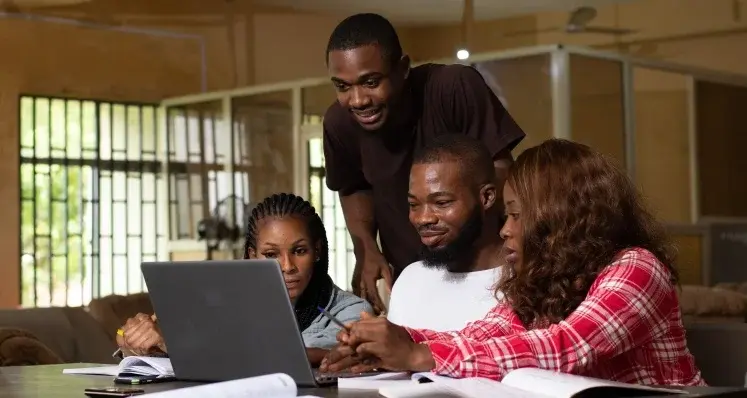Page 2 of 2“The challenge is to get the publishers themselves involved in the Ekiosk initiative,” Kone says. “That’s the real challenge because it is a new activity for them, it’s a new culture for them, although all they need to do is work as usual and whenever they’re ready, drop the files on the server and their work will be propagated around the world.
“Today, we are in a digital age where we have a very young population. More than three quarters of the Ivorian population are under 35-years and are tech savvy. I don’t think it’s really a problem of adapting to technology.
“There are traditional publishers who like paper, but for me every single paper you print contributes to another tree being cut down, and that is not desirable.”
Kone sees digital publishing as the future, and Ekiosk had initial success when the platform undertook a trial launch. Kone has successfully signed up top Ivorian newspapers and has his sights set on taking his company continent-wide.
“I keep on telling everyone – ‘what happened to the CD? What happened to the cassette tape? What has happened to the newspaper industry?’”
“It is just a matter of time before the digital download becomes pre-eminent. Look at what happened to the Chicago Tribune that was established in 1847, if I remember rightly. It does not exist anymore, after more than a century and a half of publishing. Now take, for example, the digital journal, the Huffington Post; established in 2006 for US$300,000 and sold in 2011 for US$317mn!”
But when asked about the problems that so many publishers have experienced in monetizing their online offerings, Kone says that it is really a question of technology and protecting intellectual property.
“What we’ve seen in the past five to seven years is that the market leaders in the publishing market in Cote d’Ivoire have tried to go online, tried to monetize. But if you start to do that you must have the technology to back it up.
“Just putting up PDF files on the Internet doesn’t work, even with a pay-wall. Publishers hope to gain more online customers but what happens is that their titles are constantly being misappropriated and re-distributed. You need the technology behind you to protect against this piracy.”
And Kone is adamant that Ekiosk has that technology, and he seems to have persuaded many Ivorian publishers to come on board. He says that the top 13 newspapers in Cote d’Ivoire account for 85 per cent of the newspaper market in terms of circulation, and that in fact he has the top 14 newspapers signed up to his service.
With a population of 23mn, Cote d’Ivoire only sells less than half the newspapers that it prints, hence Kone’s despair at the amount of wastage. Yet many newspaper customers buy five or more titles each day, and given the relatively deep Internet penetration (and telecom coverage) that the Ivorian market represents, Kone believes that within two to three years 20 per cent of the newspaper readers can be converted to use the online Ekiosk platform, whether on desktops, tablets or mobile devices.
Then the Ekiosk model can be rolled out as a news aggregator, initially regionally but subsequently across the continent. It can also underpin the continent’s democratic trend by deepening the public’s understanding of African issues. It is a truly compelling vision.





















